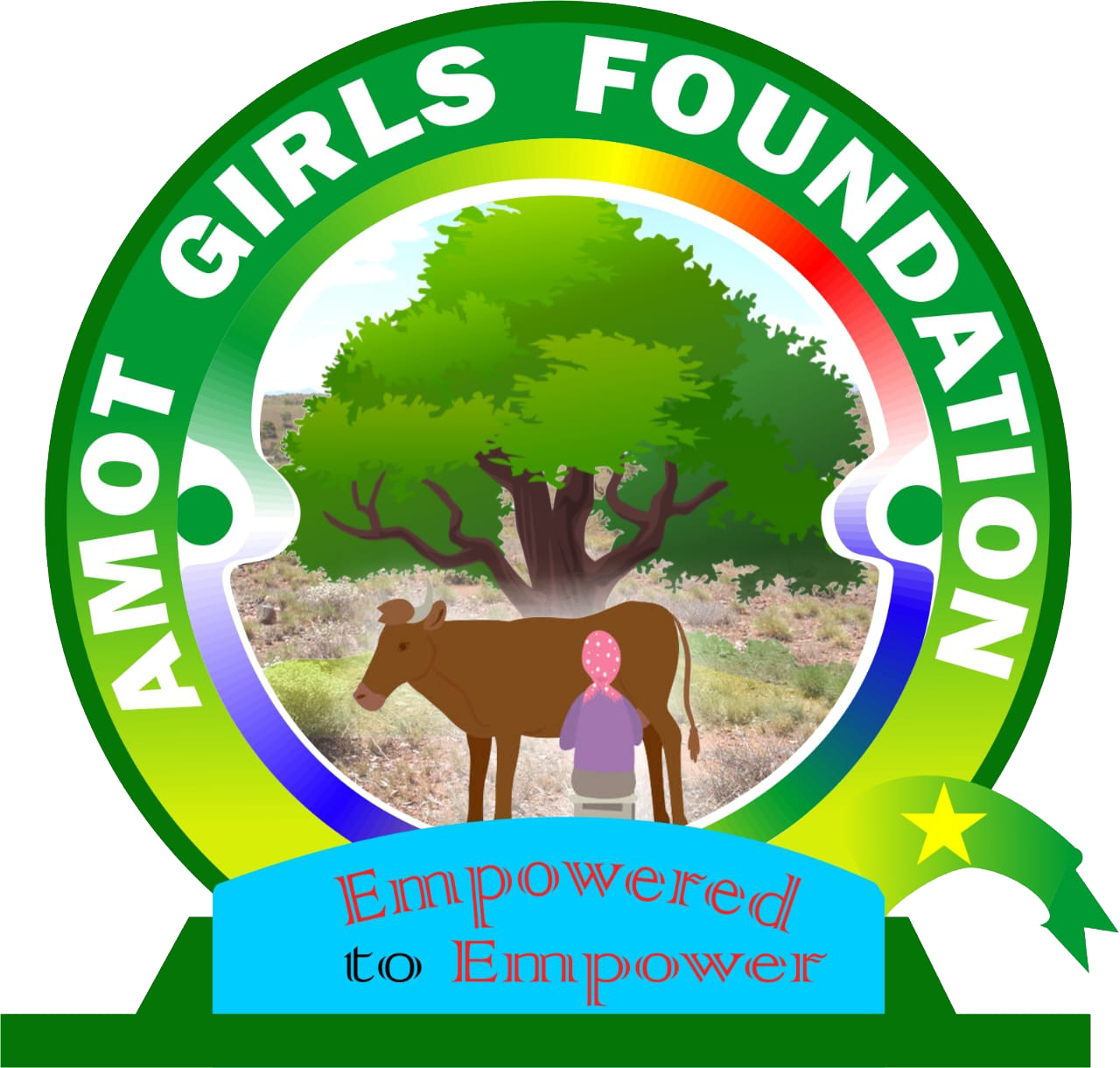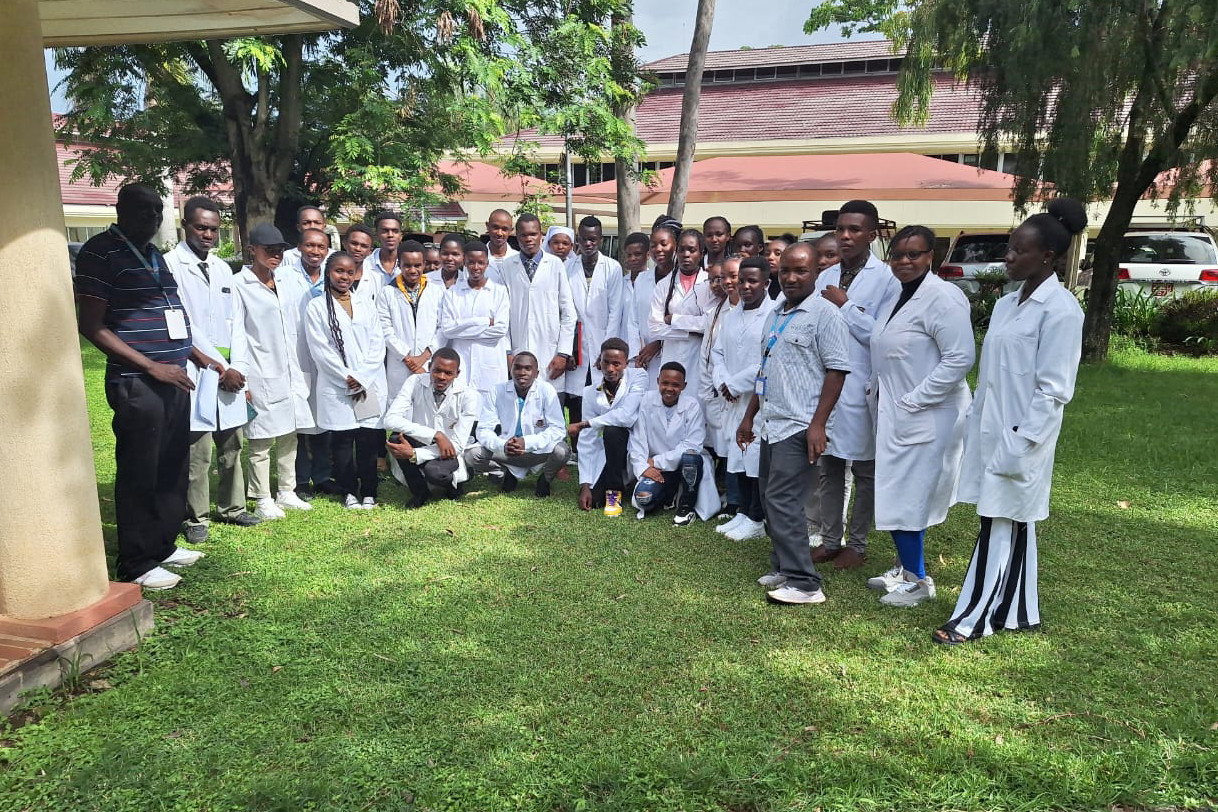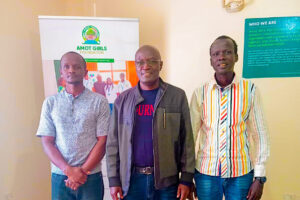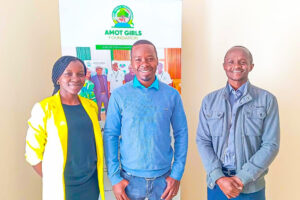The Biochemistry students from Egerton University embarked on an exciting and educational journey to Nairobi, Kenya’s vibrant capital city. Their mission? To engage in a series of experiments and activities that would deepen their understanding of biochemistry and molecular biology. Little did they know that this trip would be both enlightening and memorable.
Exploring Nairobi: A Hub of Scientific Opportunities
Nairobi, with its bustling streets, diverse culture, and cutting-edge research institutions, provided the perfect backdrop for our biochemistry enthusiasts. From the University of Nairobi to private laboratories, the students had the chance to interact with seasoned scientists, witness state-of-the-art equipment, and immerse themselves in the world of biochemical research.
Hands-On Experiments
The heart of the trip lay in the hands-on experiments. Here are some highlights:
ELISA Assay:
The students delved into the Enzyme-Linked Immunosorbent Assay (ELISA), a powerful technique used to detect and quantify specific proteins or antibodies. They learned about its applications in diagnostics, disease research, and drug development.
DNA Sequencing:
In collaboration with a renowned genetics lab, the students explored DNA sequencing. They witnessed the magic of deciphering genetic information, understanding mutations, and unraveling the secrets hidden within our genes.
Protein Characterization:
Armed with pipettes and gel electrophoresis equipment, the students analyzed protein samples. They learned how to identify proteins based on size, charge, and other properties—a crucial skill for any biochemist.
Virtual Labs: Enhancing Learning
To complement their hands-on experiences, the students also engaged in virtual labs. These interactive simulations allowed them to explore complex biochemical processes, visualize molecular structures, and reinforce their theoretical knowledge. The virtual ELISA and DNA sequencing labs were particularly enlightening.
Success and Reflection
As the trip concluded, the students returned to Egerton University’s main campus in Nakuru. Their enthusiasm was contagious, and they eagerly shared their newfound insights with fellow students and faculty. The successful trip not only expanded their scientific horizons but also fostered camaraderie among the biochemistry cohort.
Conclusion
The biochemistry students’ journey from Egerton University to Nairobi was more than just a field trip—it was an adventure of discovery, collaboration, and growth. As they continue their academic pursuits, they carry with them the memories of Nairobi’s bustling streets, the hum of laboratory equipment, and the thrill of scientific exploration.





